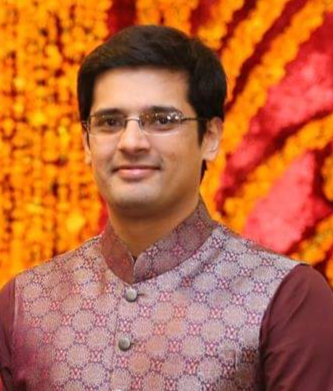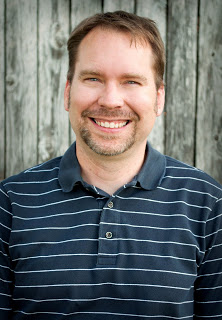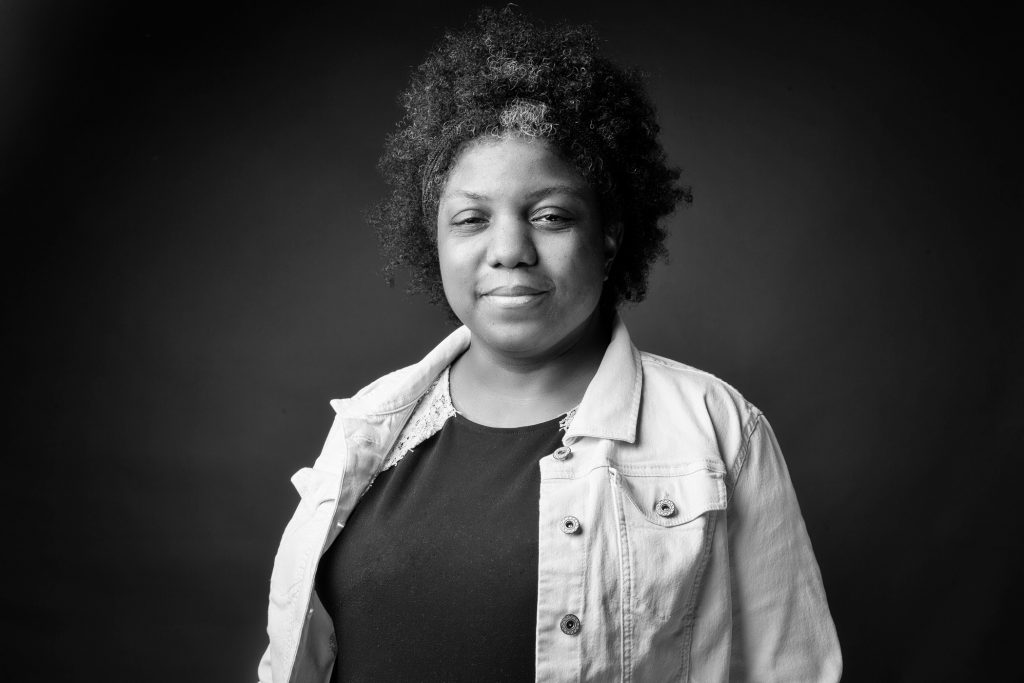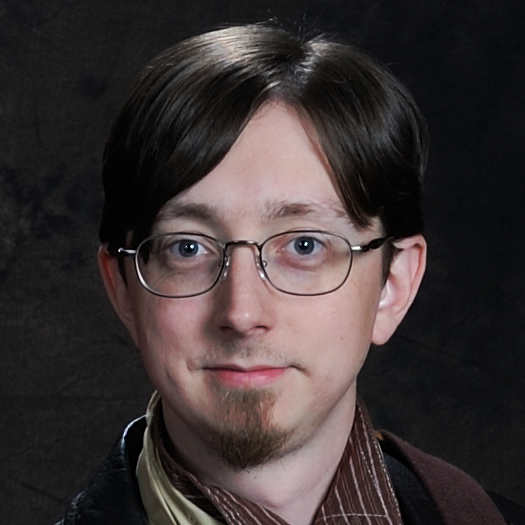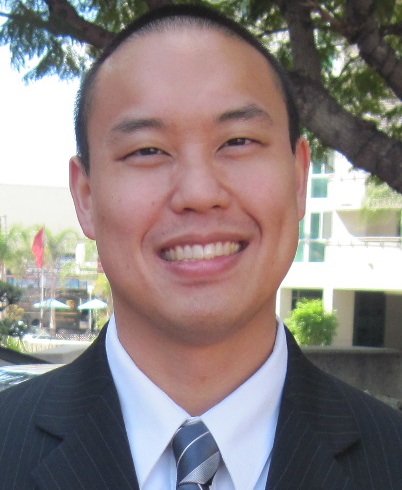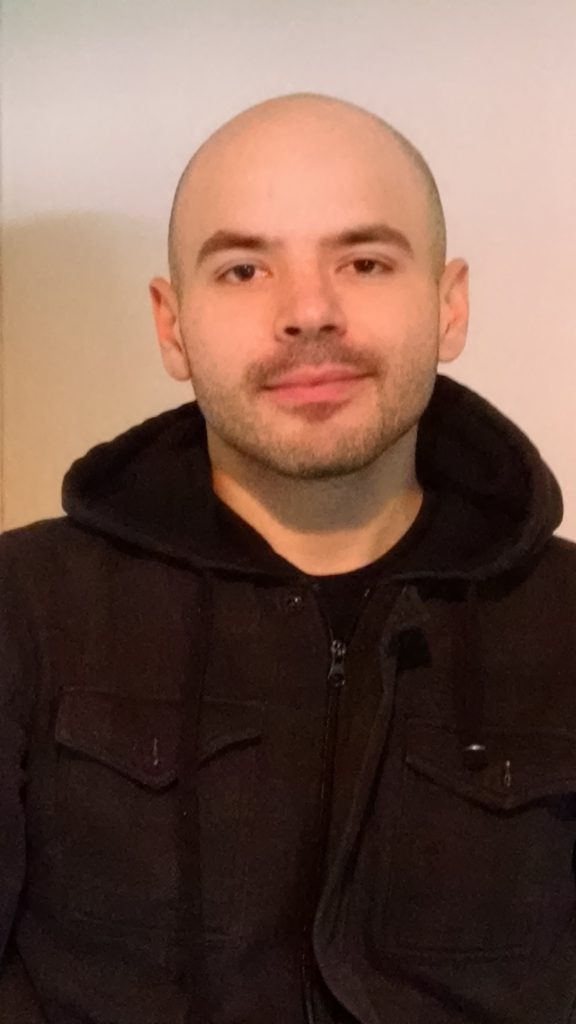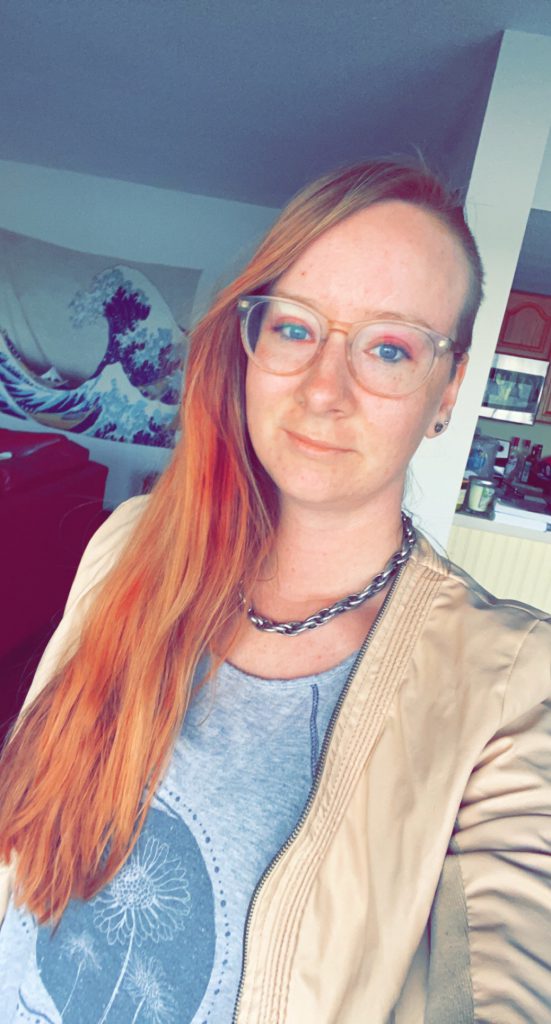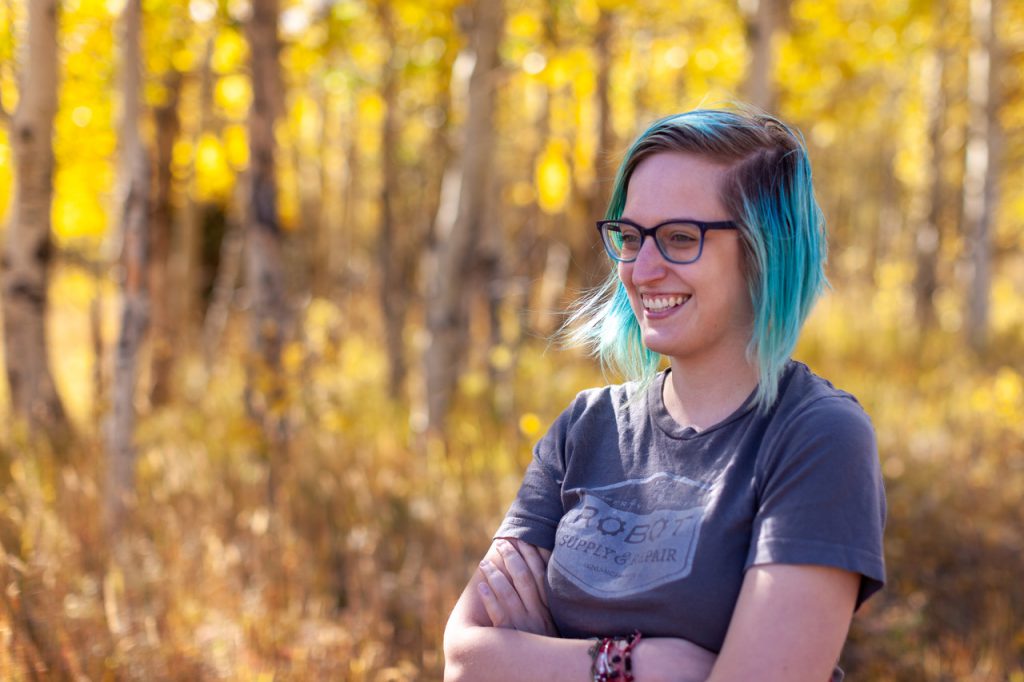Content note (click for details)
Content note: death and dismembermentEstelle placed both hands on the plastic-wrapped cabbages. Against the pale green leaves her fingers glittered darkly, slender crescents of soil adorning the nail beds of nine fingers. The tenth finger, her left thumb, bore no such jewel, but rather a ring of woven fungus, beige and tough and fibrous. Estelle stretched all ten fingers wide, fingertips brushing as many cabbages in the jumbled heap as she could reach, and made her offer: “Would any of you be interested in reanimation?”
It was rare these days for Estelle to approach supermarket vegetables, rare that her garden did not already provide what she needed. And even then, seeds were more her style; younger plants tended to integrate more easily into the garden community. But the urge to prepare bigos had stolen over her suddenly, a yearning for the recipe of another Estelle—her great great great grandmother or something like, who had lived long ago in a small town in what was now Poland and cooked triumphs of cabbage prepared multiple ways. She didn’t have time to wait for seed to mature.
The plastic around the cabbages slowed communication. Most of the cabbages ignored her. No surprise there. Industrial agriculture bred for disease resistance, productivity, and dullness; few cabbages from factory farms had the imagination and quickness of wit previous generations had delighted in. Consequently, few heads challenged their approaching deaths, unaware their roots also lay dead or dying.
There was one likely candidate: a handsome cabbage with a thick bold rib arcing across the side of its head and clean veins of palest green. It was older than the others. Beneath the sheen of plastic its outermost leaves, which had once gripped each other tight, were beginning to loosen, sharp edges softening. In Estelle’s experience older vegetables, who had seen more of life, tended to have stronger opinions about reanimation, both for and against.
The cabbages had questions: Did she mean merely to root them? To bring them to flower?
Yes, she explained, she would help them grow fresh networks of root. But no, she wasn’t offering just to help them finish out the second year of their biennial cycle, she was offering the opportunity to relive their first year over and over, producing head after head. True reanimation.
Impossible! declared various cabbages and declined to converse further.
Can you guarantee this? wondered a more flexible thinker.
“No,” said Estelle, “any cabbage that returns with me will have to be accepted by the larger garden community. Ultimately, invitation is the community’s prerogative.”
Beautifully bundled heads, tight and tidy, thought this through.
I’m interested, announced the handsome cabbage with the soft edges. I’ll go home with you.
***
Outside the apartment Estelle paused to retrieve the cabbage from her bag. Carefully she unpeeled the plastic that encased it. When she had removed every last scrap, when the cabbage had adjusted to the sudden return of sensation, she opened the door.
“Home,” she said with quiet pride.
The stirred air brought a fresh moistness of living things. In front of them the hallway gleamed. She had cleaned before heading to the market in hopes someone would return with her.
“Tour first? Yes, let’s.”
Down the hall and into the living room, with its large and glossy spathiphyllum and exquisite maidenhair ferns, its mother-of-thousands quietly dropping babies on the window sill. Into the bedroom, where geraniums bloomed pinkly on tables on either side of the bed. To the bathroom and the enormous Boston fern that hung in front of the window striped thinly with venetian blinds, the spider mending her web in the corner. Back through the small hall, quickly in and out of the kitchen, no plants here, only gleaming steel and humming appliance and a door that shut tightly, until, finally, to the patio garden.
Some might call it a balcony garden, for the apartment was seven stories up, the last story but one, but balconies are thin, wistful things crowded by railings. This was a grand room, two-thirds open to the sky and divided thus into sunlight and shadow, its walls and half-walls covered in tile.
Before them stood nine large raised beds of varying depth, clustered together, each touching the next. From the beds a tangled exuberance spilled, all green and flower and fruit. In one, the bed at the very center, a small space had been cleared, red-brown mulch pushed back to reveal soil rich and dark beneath. Welcome! the plants murmured. Welcome!
The cabbage pulsed with excitement.
Estelle explained the patio’s winter transformation, how the skeletal frames at the edge of the roof unfolded, how the tight cylinders of transparent tarp unrolled, how they sealed together cunningly to preserve warmth and life. She explained the full-spectrum lights, bold and bright, to stave off seasonal affective disorder, theirs and hers both, and also the clean, unlit place for those who preferred to spend the season resting dormant.
“If you stay, we’ll talk about what you prefer, for seasons, for day-to-day care.” Estelle ran a hand affectionately through the arugula, tickled the rosemary until it giggled. “Some in the garden feel dry leaves as itches to be removed as quickly as possible. Others, like this fine basil right here, prefer to wear theirs until a windstorm strips them away all at once.”
The basil sighed, So good, it’s the only way.
With a step they crossed the line between sunlight and shade. Here stood a twin bed and a set of shelves, previously made invisible by the brightness. Estelle paused before a vase filled with paintbrushes. Some had finely pointed tips, some had bristles thin and straight, some fluffed out from their ferrules like dandelions.
“If you decide later to flower and seed, we have some lovely insect visitors. But I can also help.” Estelle laughed. “Some of the others enjoy brushing on their leaves or stalk as well. Let me know what you like, I’ll do my best.”
They passed the small table and chair where Estelle liked to watch the sky change and came to the composter, tucked into one corner. Estelle debated what to say. “Let’s go to the kitchen,” she said finally. “You should know the worst first.”
In the kitchen she placed the cabbage in a shallow dish filled with water, so that the scar where the head had been hacked from stalk, where sharp dry air had cauterized its flesh, might begin to soften and release. She rested one hand lightly on the top of its head.
“Let’s start with your options: You can stay and be reanimated. You can be composted. You can, if you really wish, be thrown away with the trash, though I will try my best to persuade you otherwise.” She grinned at the cabbage. “If you stay, you will not be limited to a single annual or even biennial cycle. You can choose to undergo reanimation once, many times, or anything in between. And you can choose to flower and seed between reanimations, if you like.”
The cabbage started to speak—
Estelle cut it off. “Before you decide, you must know what it means to stay.” She took a moment to gather herself. When she spoke once more, solemnity made her words quiet and powerful. “The first time I will use you to make bigos. Vegetarian bigos.” She shuddered at the memory of her sole attempt to reanimate meat. “I’ll sever the mass of your head from the bit of stump that still remains from your stalk. That’s what I’ll use to reanimate you—I’ll slip this bit of stalk into the garden bed and call roots to grow and a new head to form.”
She carried the cabbage in its dish to the row of knives on their magnetized strip, silver and sharp and neat.
“I keep the knives very sharp indeed, so that they cut cleanly and immediately, no bluntness, no painful tugging at flesh.” She placed the cabbage on the counter and pulled a small knife free; the sound of its blade shimmered in the air. Gently she ran the blade over the pad of her index finger with its many delicate scars. She rested her finger lightly on the pale green head so the cabbage could feel the precision of the cut. A bead of blood gathered where their flesh touched.
“I will slice you into ribbons. You won’t be alone, there will be onions and mushrooms with you. And sauerkraut that I made two summers ago, too.”
That cabbage, interrupted the cabbage, the one you turned into sauerkraut. Why isn’t it still in the garden?
Estelle fetched the glass jar of sauerkraut down and set it to touch the cabbage’s cheek. She didn’t open it. Glass, though thicker than plastic wrap, was less of an impediment to communication, as plants were long familiar with the ways of silica from their work cultivating soil. And she’d never quite adjusted to the way plants related to their severed parts.
“There were three cabbages back then. One succumbed to a mosaic virus, and afterward the other two didn’t want to go on. So I rooted them out and turned them into sauerkraut. We haven’t had a cabbage since.”
Beneath her fingers the cabbage fell silent.
Estelle resumed: “I’ll sauté the onion and garlic first. I won’t put you in until after I’ve added red wine and tomato paste. So when you go into the saucepan it will be less of a searing heat and more of a bath of heat all around you. You’ll go in with the mushrooms and the sauerkraut, with veggie sausages and spices and stock. I’ll turn the heat up very high and the liquid around you will boil and steal away the water that runs through your veins, that plumps you and nourishes you and keeps you alive. And when the liquid boils, I’ll cover the pot to trap in the steam and turn the heat down and for sixty minutes you will simmer and soften in the dark, your life juices mixing and fleeing, spices invading, until at last I deem you ready, season you with salt and pepper, and eat you with bread.”
She wanted to pull away from the cabbage’s dismay, but she hadn’t finished.
“You should know: I will enjoy this. I will not enjoy your pain and I will do everything I can to minimize it, but I will enjoy the act of slicing, of turning you into ribbons, I will enjoy the way you sizzle in the wine reduction and the fragrant steam that blossoms from you and bathes my face, and I will very much enjoy the flavors and textures of you as I eat you.
“Do you have any questions?”
It did. Might it stay in the kitchen to comfort itself while it cooked? (She thought no, but would consider.) Did reanimation feel like bursting from seed? (It should ask the other plants.) Could it, perhaps, advise her on spices and accompaniments? (She didn’t recognize this for a joke until the cabbage chuckled, but then they were both lost to laughter.)
When at last she had finished answering the cabbage’s questions, she carried it back to the patio garden. Carefully she settled the cabbage into the soft soil of its temporary bed. And then, so the cabbage might confer with the garden community in privacy, she returned to the kitchen, pulling its door shut behind her.
***
Long ago Estelle had lived in a forest tall and dark and grand, with trees many hundreds of years old. She didn’t remember her parents, though she must have had some. What she remembered most was the fungus that spoke to her when she couldn’t find her way home and lay huddled on the forest floor near a ring of its flowers. The fungus, subterranean and massive, was the forest’s heart, its negotiator, mediator, and controller, and for reasons known only to itself, decided to take her on as an apprentice. From the fungus Estelle learned to command the most terrible of magics—not the magics of death, but the magics of life.
Many years later, when she had learned all the fungus would teach and knew everything about how life should be, she set out to explore. Soon she came upon a small town made from two villages that had grown until they met and merged. Here she dwelled, learning all the townspeople could teach her with great interest, until one day a new friend took her to the cemetery.
When her friend, weighed down by the recent loss of a sister, explained what lay beneath the stones, Estelle immediately thrust her hands into the soil and called on her magics to wake the seeds of life that lingered below. The friend’s sister emerged first, others took longer to reknit bone and sinew. But her friend and the other townspeople didn’t rejoice as Estelle expected, rather they screamed of monsters and set to hunting. By the time the last of the cemetery’s occupants emerged to a reception of axes, Estelle herself had long since been chopped into pieces: her head, her hands, her arms, her feet, her legs below the knees, her legs above the knees; pieces gathered in a heap and buried in a hole in the ground without the benefit of coffin or marker.
Hacked apart or not, her magics still lingered and slowly she regrew. But her magics were fungal, accustomed to bodies of very different shape and form, and when she regained consciousness she found herself starved of air and with a body seamed and restuck wherever flesh had fallen on flesh when the murderous townspeople tossed her into the grave. They must have thrown her torso in first; her head lay upside-down between her breasts, a knee grew against one ear. She died again in the terror of discovery.
She died five more times as she reshaped herself. In the airless dark of the soil she couldn’t find all of her limbs, a foot and an arm had disappeared, and so she improvised as best she could, rebuilding herself until at last she was able to break free from the earth and lie once more in the sunlight.
After so long beneath it hurt to breathe the clean air. Soil scratched her lungs as she coughed, coughing became vomiting. When finally she stopped heaving, she sensed the remains of her missing right arm not far off. She dragged herself toward it, found bones yellowing and encrusted with dirt, scored where an animal had gnawed upon them.
Before, in her improvised reassembly, she had affixed her right hand directly to her right shoulder. Now she grew the fingernails of her left hand into talons and tore that right hand free. She passed out from the pain; perhaps she died again. When she came to, she reset the pieces, arm to shoulder, hand to arm, and endured the torment of reattachment. She never found her left foot and instead regrew it whole. Later she would wonder if other Estelles, born from its bones, wandered the corners of the world.
When she could move and breathe once more, when she had ceased vomiting soil and the seams of her flesh had puckered into shining scars, she made her way back to the town that had once been two villages. Years had passed while she had regrown and the town, too, had changed, with new houses and people. Even the colors of the town had changed, for shifts in trade routes had brought new dyes and pigments taken up with fervor. At first, many of the people were strange and unfamiliar, but soon she saw familiar faces amidst the townsfolk, now lined and collapsing with age.
It was enough: Like the cold air that masses beneath warm to suddenly spill a fatal chill, the fury of at least seven deaths broke in Estelle. Later, she would remember this fury—cold, inexorable—as belonging to a still-not-quite-yet-fully-alive Estelle, though doubt would make her uneasy. Now, she simply knelt at the edge of the town’s main road and with her fingers dug through dust kicked up by horse and carriage, until she reached the darker earth beneath and she thrust her hands into the soil and she called to the life within each and every townsperson.
Life swelled and burgeoned. Some townsfolk grew so tall that their spines snapped and they collapsed on themselves and suffocated. In the organs of others, small cancerous cells grew huge and greedy and devouring, until systems failed and bodies stopped. Still others grew layer upon layer of skin that thickened and dried, hard as bark, until their bodies could no longer sweat and they became delirious and weak.
They lay where they fell. Some died fast, most did not. Only when each and every townsperson was dead, only then, with tired satisfaction, did Estelle finally release them. And insects laid eggs in the dead flesh and animals scavenged the bodies for meat and rot took what remained and the liquids of decay watered the earth beneath.
***
Estelle announced herself loudly when she returned to the patio garden. She collected the cabbage and set it in its dish of water on the small table. Then, one by one she plunged a bejeweled finger into each of the nine planters. The brassicas praised the cabbage’s growth mindset. The Swiss chard was boldly in favor, it always was, convinced that any problem could be overcome. Several of the scallions, who had themselves come from a market, confessed the cabbage reminded them pleasantly of their younger, more naive selves. The rosemary grudgingly agreed to give the cabbage a try, but grumbled because the rosemary liked to grumble. The sweet potato vines swayed and urged Estelle to get on with it already.
By the time Estelle wrapped up her conferences and returned to the cabbage, the sun was melting into the horizon with great smears of gold.
“Everyone’s in agreement: we’d like you to join us.” Estelle touched the cabbage gently with one fingertip. “You don’t have to decide immediately, take your time, think it over. You tell me when you’re ready.”
She slipped away then to bring them some music, re-emerged to Chopin. And so she and the cabbage sat together, listening to nocturnes and watching the sky darken, the cabbage humming pleasantly off-key.
At length, after a tremendous swell of piano had slowed to a delicate and careful trickle, the cabbage said, I’d like to give it a try. Once. Maybe more than once, but let’s see how it goes first.
“Wonderful!” Estelle beamed at the cabbage. “I’m so glad. And remember, you can change your mind at any point, you’re not locked into a single course of action—except, of course, that growth takes time and energy.”
The cabbage murmured appreciatively.
When the last note of the last nocturne had disappeared into the night air, when the moon had risen and the stars pricked the sky, Estelle returned to the planters. Once more she placed the cabbage in its temporary resting place. Soon she and the cabbage would return to the kitchen to begin dinner, but for now, this first moment altogether, their community grown by one, she knelt and buried her hands in the soil and celebrated.
© 2022 by Amy Johnson
3200 words
Author’s Note: During the first year of the pandemic, I became fascinated by regrowing scallions and other veggies. It prompted questions: What does it mean to live ethically with a plant you eat? One you keep eating? How can we reconcile consent and consumption across species? Various cultures and individuals have taken up these questions, creating traditions and practices in response. For me, now, these questions—plus my interest in four-act storytelling structures and my ongoing culinary exploration of my Polish heritage—brought me to Estelle and the cabbage. With the character of Estelle, I also wanted to explore how, after doing something terrible, we might choose to live differently, might choose to practice care. Unexpected side effect: I haven’t been able to cook a cabbage since writing this.
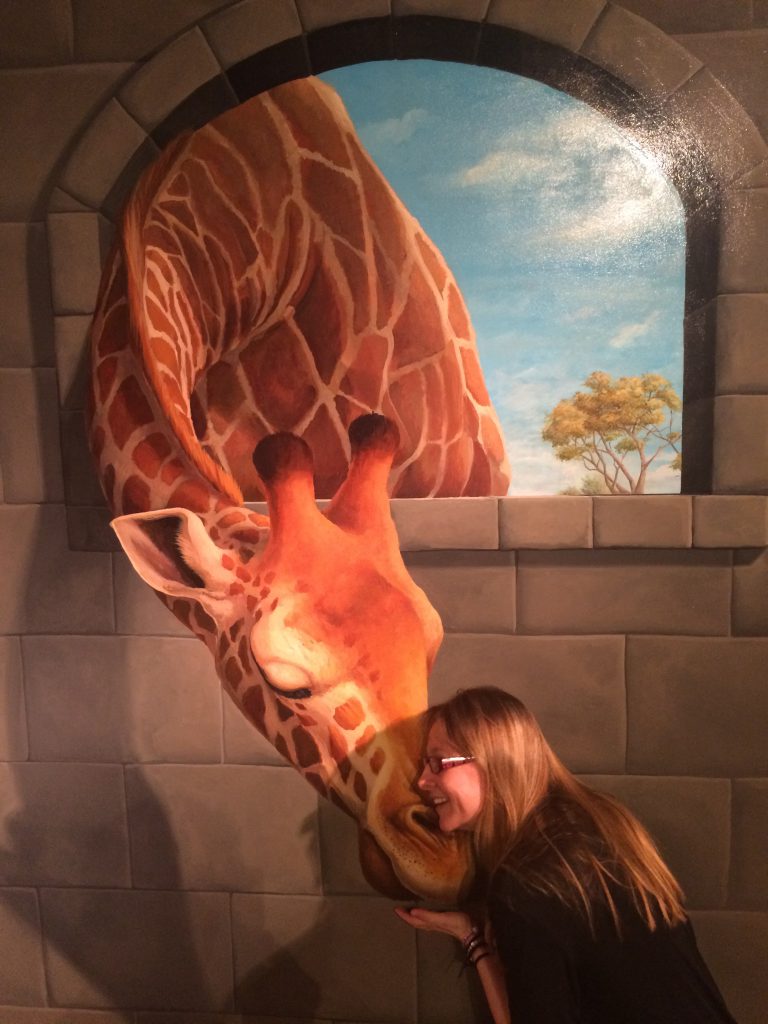
Amy Johnson is a writer and scholar. This is her first story to be published in Diabolical Plots. Her short fiction was shortlisted in the Dream Foundry’s 2021 Emerging Writers competition and is forthcoming in Lightspeed. She’s also the editor of Drones & Dreams, a speculative sprint collection published by Digital Asia Hub, and runs workshops using speculative fiction techniques to explore the personal and societal consequences of technologies. Find her at amyjohnson.com or on Twitter at @shrapnelofme, where she tweets about language, technology, and other fun things.
If you enjoyed the story you might also want to visit our Support Page, or read the other story offerings.

